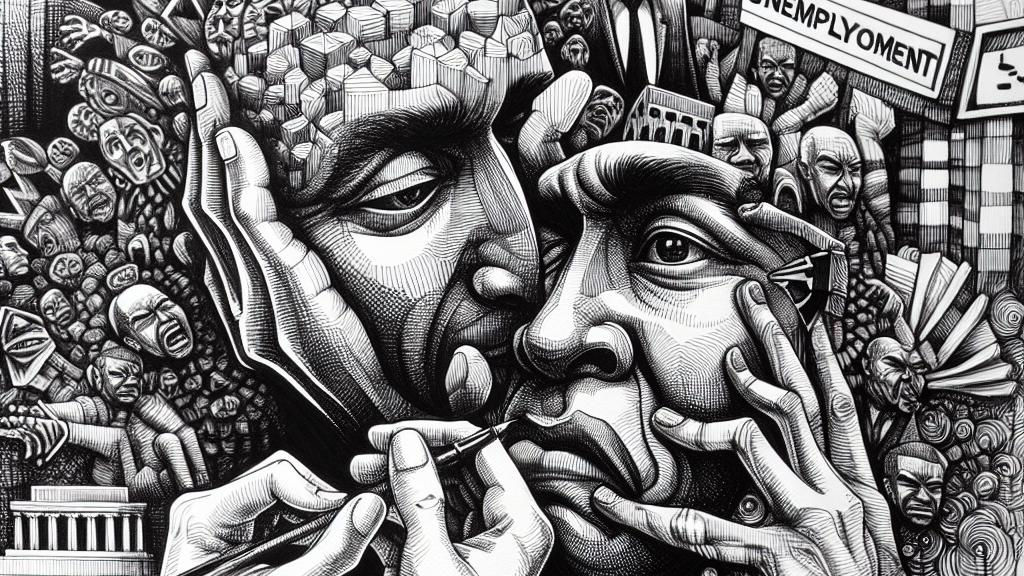Unity or Discord? Mbalula's Bold Challenge to Zille and the DA
Overview
- Fikile Mbalula boldly defends the Government of National Unity (GNU) against the DA's criticisms.
- The ANC leader rebuts Helen Zille's claims that the GNU is merely a coalition.
- Mbalula emphasizes the need for collaboration to address South Africa's pressing issues effectively.

Understanding the Political Context in South Africa
In recent weeks, South Africa's political landscape has been ignited by tensions surrounding the Government of National Unity (GNU). This coalition was formed after the ANC, led by President Cyril Ramaphosa, received just over 40% of the vote in the May 2024 elections. Among the parties involved, the Democratic Alliance (DA), under the leadership of Helen Zille, has raised serious questions about the legitimacy of this GNU, asserting it functions as a mere coalition rather than a true unity government. This assertion is significant as it reveals deep divisions within South African politics, particularly as the nation grapples with pressing economic issues, including an unemployment rate hovering around 33%. These challenges underline the critical role that effective governance plays in helping to stabilize the country and address its numerous socioeconomic problems.
Mbalula's Defiant Stance Against Opposition Critiques
Mbalula's response to Zille's criticisms was forceful and unequivocal. He accused her of attempting to incite discord among coalition parties and declared that if the DA finds the GNU unsatisfactory, they are free to leave. His statement came as a direct challenge to the DA's credibility and authority, reinforcing the ANC's position as the primary representative of the South African electorate. Mbalula's assertion that the ANC is 'not begging anyone to stay’ reveals a strong commitment to the coalition's integrity, as he encourages collaboration to serve the people's interests. By promoting unity within the coalition, Mbalula aims to counteract the growing dissent and portray the ANC as not only a political force but as a stabilizing entity amid economic turbulence and public discontent.
The Wider Implications for Future Governance and Elections
The escalating tensions between the ANC and the DA underscore critical ideological divides that could shape South Africa's political future. Zille's claims about the GNU raise essential questions about the sustainability of this coalition government, especially as the DA looks to capitalize on any weaknesses within the ANC leading up to future elections. The DA's strategy hinges on painting the ANC as incapable of effectively governing amidst widespread challenges, including power outages and rampant unemployment affecting millions. Mbalula's defense of the GNU is more than a response to immediate criticism; it indicates the ANC's recognition of the necessity for governance reforms and collaborations to remedy the issues facing South Africans today. As the country moves closer to the next electoral cycle, the outcomes of these political contests will significantly influence not only party dynamics but also the social and economic landscape of South Africa.

Loading...